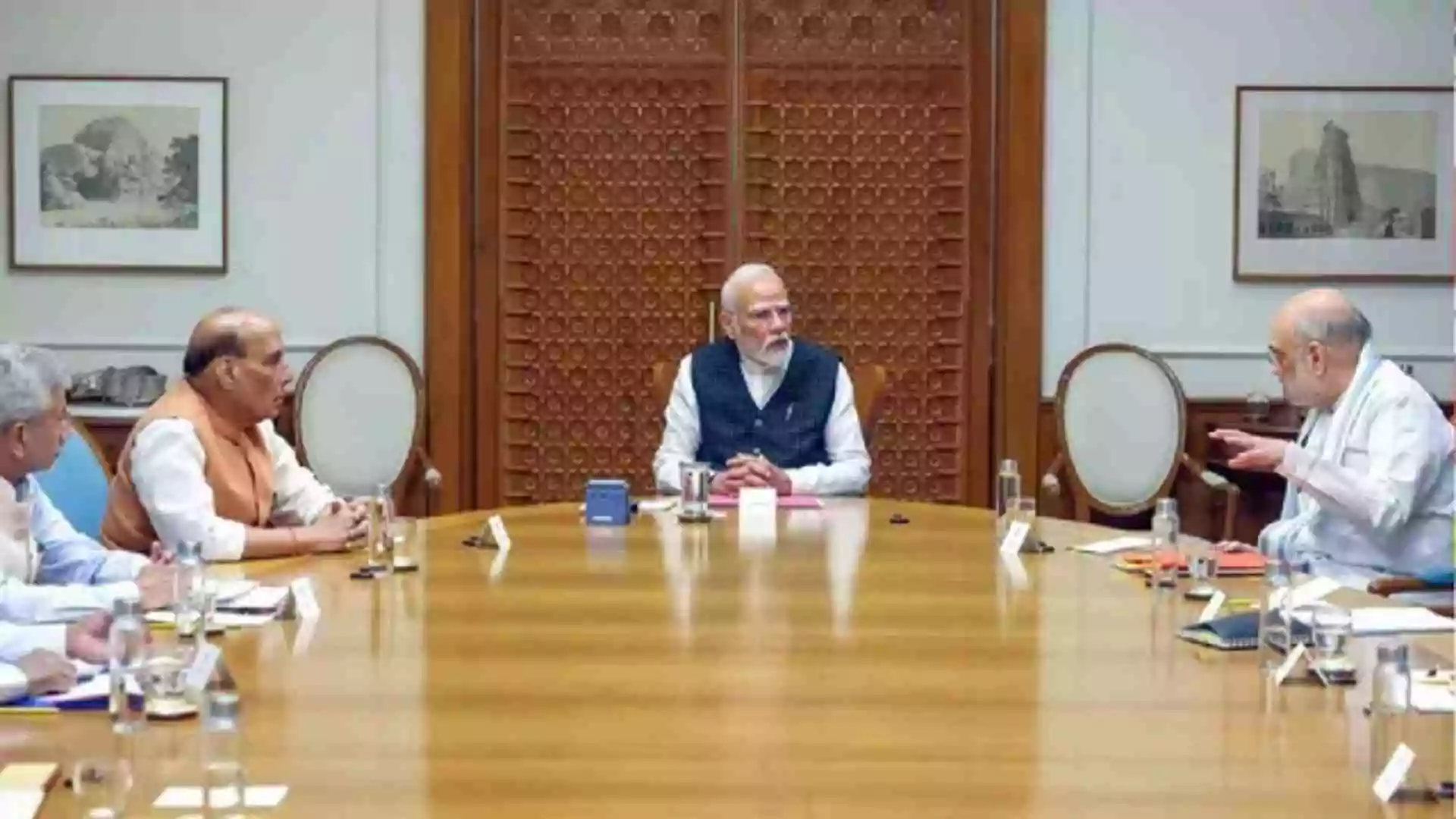In the wake of a shocking terror attack that killed over two dozen people in Jammu and Kashmir’s Pahalgam region, the Indian government has taken a major step to strengthen its national security strategy.
The National Security Advisory Board (NSAB) has been completely restructured, and the Centre has appointed Alok Joshi, a former intelligence chief, as the new chairman of the board.
Joshi previously led the Research and Analysis Wing (R&AW), India’s foreign intelligence agency. Now, he will head a seven-member panel of seasoned security and diplomatic experts as the country deals with growing threats from terrorism.
New Board Includes Retired Top Brass from Military, Police, and Diplomacy
The revamped NSAB features a mix of high-ranking retired officers from different areas of India’s national security ecosystem.
Among the new members are:
-
Air Marshal PM Sinha, who once served as Western Air Commander
-
Lieutenant General AK Singh, former Southern Army Commander
-
Rear Admiral Monty Khanna, a senior officer from the Indian Navy
Also joining them are two experienced officers from the Indian Police Service (IPS) — Rajiv Ranjan Verma and Manmohan Singh.
Adding diplomatic experience to the team is B Venkatesh Varma, a retired officer from the Indian Foreign Service, who has served in critical international roles.
This new lineup is expected to provide well-rounded advice to the government on internal and external security matters at a time when tensions are rising.
Attack in Pahalgam Triggers Urgent Security Response
The decision to restructure the NSAB comes shortly after the terrorist massacre in Baisaran meadow, near the popular tourist town of Pahalgam in Jammu and Kashmir. In a horrifying attack that has shocked the nation, 25 tourists and a pony ride operator were shot dead by terrorists in the scenic hill station.
The government’s response has been swift and forceful. Prime Minister Narendra Modi strongly condemned the killings and vowed to bring the attackers to justice.
“They would be pursued to the ends of the earth,” he declared, underlining his government’s zero-tolerance stance on terrorism.
High-Level Security Meetings Held at PM’s Residence
In the aftermath of the killings, the Prime Minister called for an urgent meeting of the Cabinet Committee on Security (CCS) this morning. While the full details of what was discussed have not been officially released, the meeting is believed to have focused on the response to the Pahalgam attack and tightening security in vulnerable regions.
Two other high-level cabinet meetings were also held later in the day:
-
Cabinet Committee on Political Affairs (CCPA)
-
Cabinet Committee on Economic Affairs (CCEA)
Both meetings took place at the Prime Minister’s official residence, indicating the government’s deep concern over the incident and the broader security environment.
A formal cabinet briefing is expected later this evening, where officials may reveal more information about the decisions taken and future steps.
Why the NSAB Revamp Matters Now
The National Security Advisory Board plays a crucial role in shaping India’s long-term security policies. It provides independent advice to the National Security Council (NSC), which is chaired by the National Security Advisor and reports directly to the Prime Minister.
By putting someone like Alok Joshi in charge—a former head of India’s main spy agency—the government is signaling its intention to adopt a more intelligence-driven and strategic approach to national security.
The inclusion of experienced voices from the Air Force, Army, Navy, Police, and Foreign Service suggests that India wants a unified, multi-dimensional strategy in place as it faces both internal and cross-border threats.























